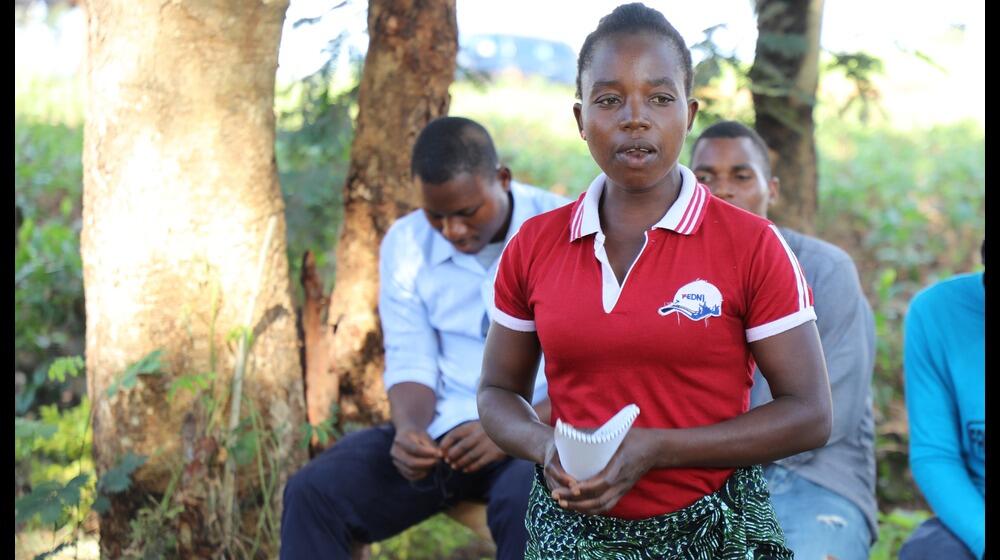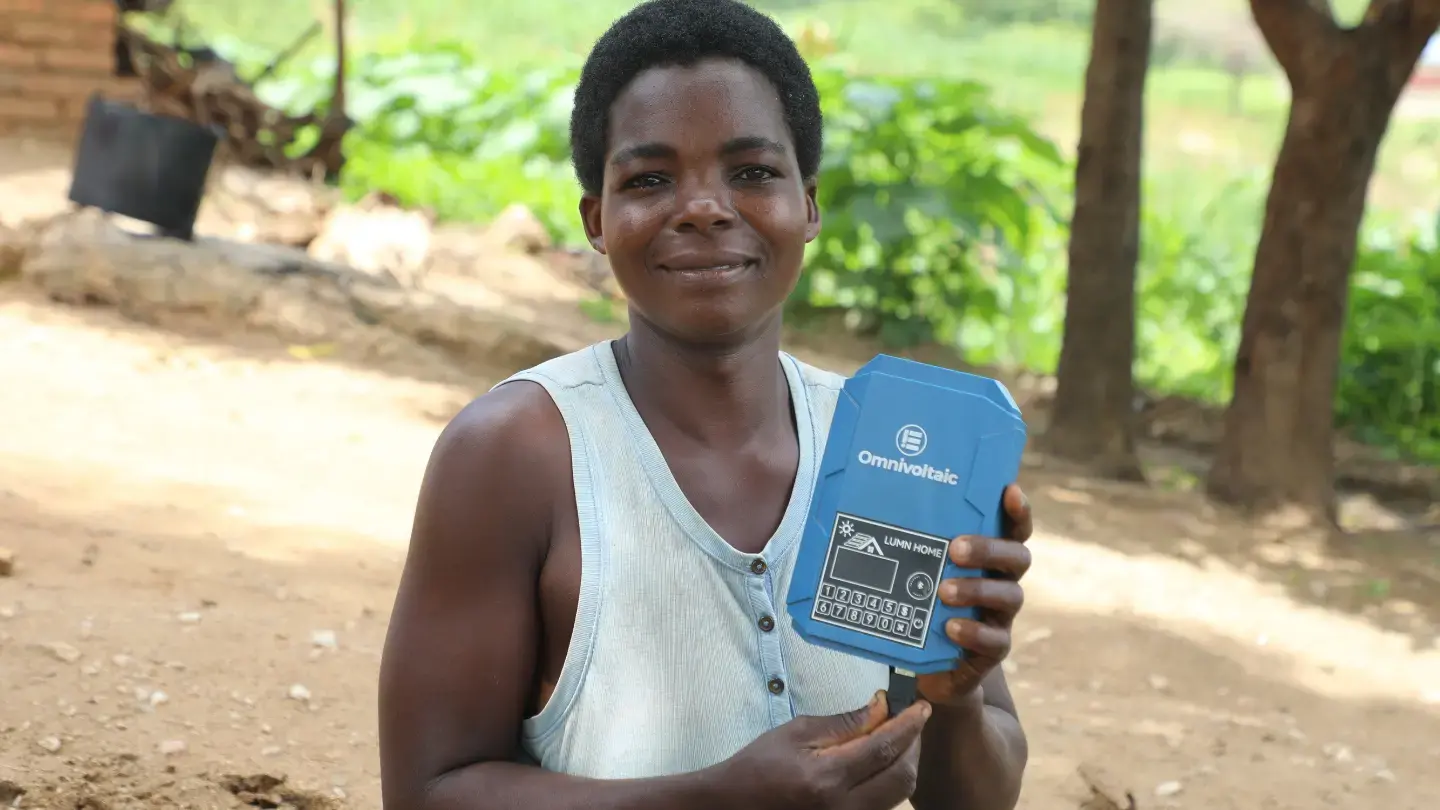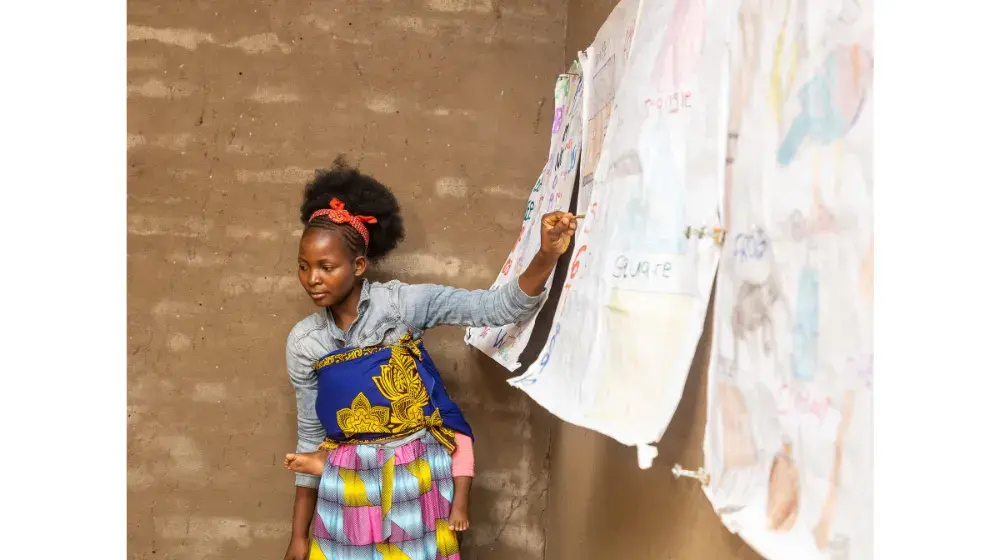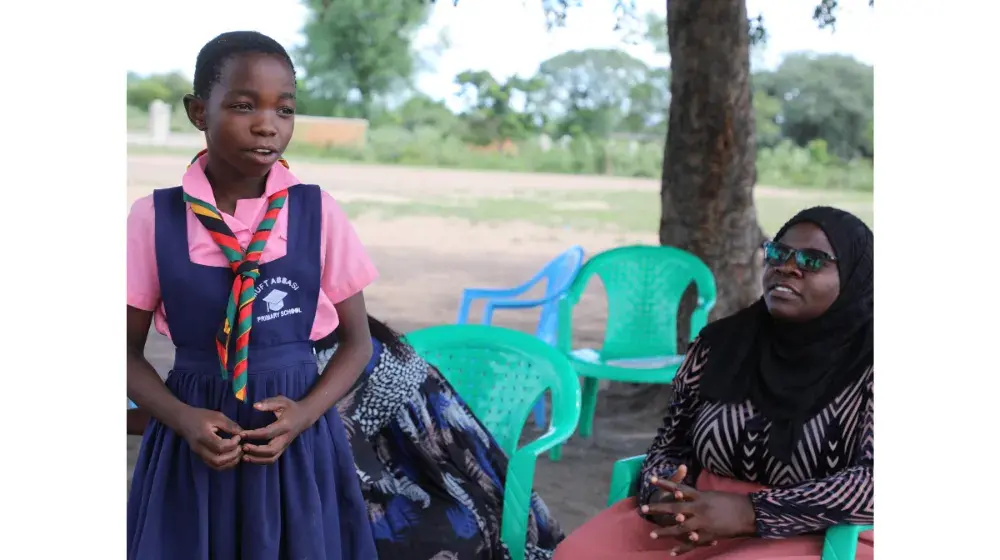Mulanje, MALAWI - Maria Daniel from Traditional Authority Sunganinzeru in Mulanje had never taken part in a demonstration. But on this Saturday morning, Maria felt compelled to join her fellow youths in a planned protest to show their frustrations on lack of economic opportunities for young people in the district.
After finishing secondary school, Maria had high hopes of proceeding to college. However she couldn’t manage to raise the required fees. With slim chances of getting a job, Maria’s other option was to go farming. But her family didn’t have enough land for her to start profitable farming.
“We have so much land lying idle but it belongs to either the estates or the authorities,” she said. “Our plea is that either the district officials or the estates release some of the land for us to start farming.”
Population growth putting pressure on the land
Mulanje is one the biggest tea growing districts in Malawi. With a declining economy and a growing population, more and more people, especially the youths, are now looking to the estates’ owned land for farming.
“I strongly believe that our leaders are not listening to our grievances,” explained 20-year-old Maria, “That’s why many young people are frustrated and demonstrating. Although I don’t believe in this approach, I had to join so that I can contribute to the cause.”
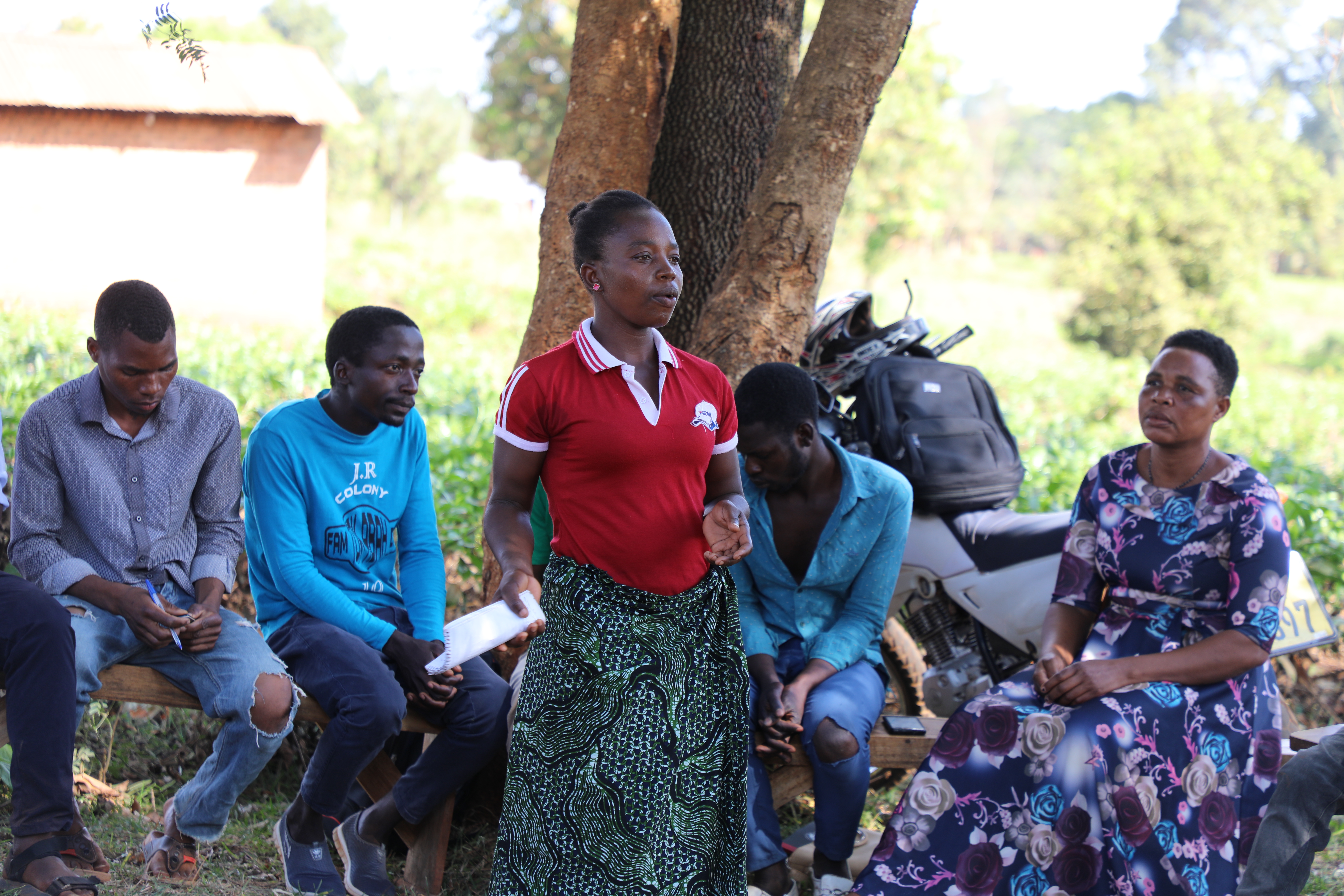
The demonstrations took place as planned. At first, they were peaceful but later, turned violent. The youthful marchers started vandalising property and the police had to be called in to restore order.
“I had to run for my life when the youths started fighting with the police,” recalled Maria. “That’s why I was reluctant to join in the first place. When there is violence, its women and girls who suffer.
“They don’t normally take part in such demonstrations but are always a target for violence,” Maria told a gathering of different stakeholder during a peace building meeting in the district.
Training for peace
Early this year, Maria and 70 other youth in her community were trained in peace building under the Border Districts and Community-Based Conflict Prevention and Peace Building in Malawi project implemented by UNFPA under the Malawi SDG Acceleration Fund.
The project aims to strengthen capabilities to mitigate and respond to existing and projected conflict, including radicalisation and terrorism and the potential for Islamic radicalization directly from Mozambique, which is playing on existing latent religious tensions at the community level.
This includes supporting community networks, increasing their engagement in conflict identification, mitigation, and prevention, strengthening border security management, and increasing the capacity of the national peace architecture.
“The training was an eye opener,” said Maria.
I didn’t know that our actions were likely to bring chaos in the community. As young people, we are now more for dialogue than confrontation.
Another beneficiary of the project is 23-year-old, Alex Francis. Alex has been one of the youth leaders who believed in taking to the streets every time he felt aggrieved. He now admits that the demonstrations’ approach never yielded any positive results as it was always confrontational.
“After we received the training, we have now become peace ambassadors in our community,” Alex told UNFPA. “In the past four months, we have had meetings with other youths where we shared with them different ways to deal with conflict.”
Apart from causing massive destruction to property, the demonstrations were also stretching the capacity of the police. In most cases, the demonstrations happen without the organisers alerting the authorities, which gives them less time to prepare . Furthermore, the demonstrations were becoming a security issue.
“In this district, small issues, which can be settled by dialogue normally spills to the streets. And this is normally followed by violence,” said Sub inspector, Charles Tepu Tepu whose police post is based in Traditional Authority Sunganinzeru.
Dialogue replacing conflicts
But there is now palpable change since the project started reaching out to the youths with trainings and information on peace building.
Sub Inspector Teputepu explained: “Before this initiative, our office was overwhelmed with cases to do with land or fighting between communities but now, with these trainings happening, many of the disputes are being settled within the community. This has lessened our work and that of the courts.”
The prevailing peace has also brought some relief to the local leaders. Constant conflicts were threatening to divide communities, and the chiefs as custodians of peace and social cohesion were seeing their role slowly eroding.
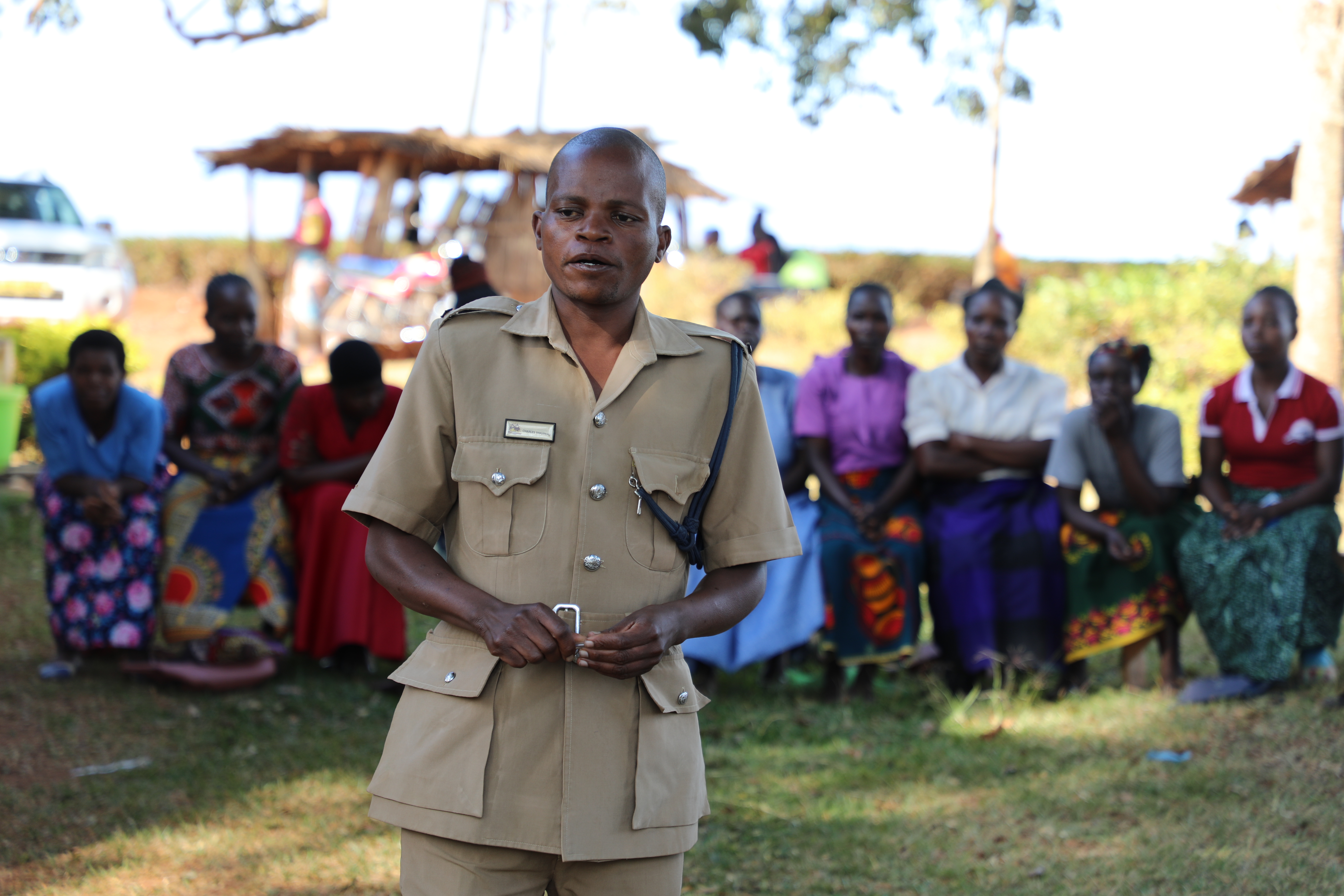
According to group village head Duswa, one of the local chiefs who benefitted from the peace building training, his main challenge was posed by communities holding initiation ceremonies that spilled into the school calendar.
“These communities were denying children a right to education,” he said. “And when we sent our community police to disband the camps, they would become hostile and chase them away.”
This, according to the chief, led to increased animosity between the leaders and some community members.
“As a chief, I didn’t know how to deal with this situation other than to involve the police,” he narrated. “This made things worse. Now, after being trained, I am now able to engage with the community leaders and dialogue on the best way forward. This has not only helped reduce the conflicts, but earned me more respect from my people.”
By Joseph Scott, Communications Analyst

